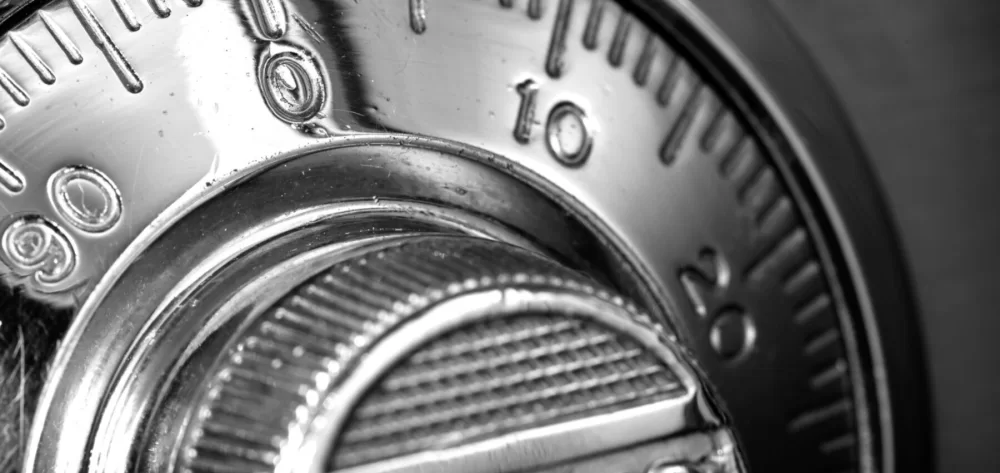Valuables are a common feature in Swiss homes. Watches, pieces of jewelry, fine art, and hand-crafted musical instruments are found in many households. Valuables insurance gives you a way to insure your expensive possessions against burglary, fire, and many other hazards.
1. What is valuables insurance?
As its name implies, valuables insurance is insurance which covers valuable personal property. When you take out valuables insurance, each item must be documented with purchase receipts. In some cases, professional appraisals are required, although this will often be handled by the insurance company.
If an insured item is stolen or damaged by a covered hazard, the insurance pays out a benefit equal to the cost of replacing or repairing the covered item.
2. What does valuables insurance cover?
Typically, you can use valuables insurance to insure watches, jewelry, fine art, musical instruments, and furs. Some insurers also let you insure other costly items such as sports equipment, gemstones, collections, antiques, hearing aids, electronics, and fashion accessories. Cash, and cash equivalents like precious metal bullion, normally cannot be insured by valuables insurance.
As a general rule, your valuables are covered as long as they are at the stated address in your home in Switzerland. Insurers generally include allowances for temporary stays away from home (up to two years, for example). When you stay at hotels, you are generally required to store unattended valuables in hotel safes to benefit from insurance coverage.
Hazards covered by valuables insurance include burglary, robbery, and simple theft at home. Damages caused by unforeseeable external forces like fire and natural hazards like flooding, hail, avalanches, or windstorms are generally covered. Some insurers offer coverage for some hazards – like earthquakes – as optional riders.
3. How is valuables insurance different from household insurance?
Valuables insurance only covers the specific item or items listed in your policy. Household insurance, on the other hand, provides general coverage for all your personal property and there is no need to list specific items.
Swiss household insurance generally limits coverage for valuables like jewelry, musical instruments, and fine art, which are not stored in an eligible safe when you are not using them. Coverage typically ranges between 10,000 and 30,000 Swiss francs, depending on the insurance offer, although limits can be as low as 5000 francs or as high as 50,000.
Valuables insurance also limits coverage for items which are not held in an eligible safe, but the limits are typically much higher (100,000 francs, for example).
4. Which additional coverages can I get with valuables insurance?
These coverages are typically available as optional riders for valuables insurance:
- Accidental damage or loss. If you accidentally lose or damage your valuables, this rider lets you claim an insurance benefit. Swiss insurers often refer to this rider as all risk or casco insurance.
- Coverage for valuables when they are in your car, boat, or mobile home.
Note that adding riders to valuables insurance can significantly increase the insurance premium.
5. What does valuables insurance cost?
You pay premiums based on the insured value of the listed personal property. You choose if you want a deductible. The higher the deductible you choose, the lower the insurance premium is.
Typically, annual premiums come to around 1 percent of the sum insured. If you insure property worth 100,000 francs, you can expect to pay an insurance premium of around 1000 francs per year. However, premiums vary between insurance providers, so requesting quotes from multiple insurers and comparing premiums is recommended.
Some insurance providers offer multiple-policy discounts when you take out valuables insurance in addition to household insurance.
6. When does getting valuables insurance make sense?
If you already have household insurance, check the limits on coverage for valuables as per point 3. If you own valuables which are worth more than what your household insurance covers, then insuring those items separately using valuables insurance can be beneficial. If you always store your valuables in an eligible safe when you aren’t using them, then getting valuables insurance will likely be unnecessary.
Stand-alone valuables insurance can also be a sensible alternative to household insurance if you own one or two valuable items, but the rest of your personal property has little or no value. The coverage for your valuables will be better and in some cases the premium will be lower as well.
7. What should I consider when using valuables insurance?
Underinsurance is something you will want to avoid. Certain items can gain value over time. For example, jewelry may become more valuable when precious metal prices spike. Fine art may gain in value as the artist gains recognition. Antiques may gain in value based on market demand. If the cost of replacing the item is higher than the sum insured by your policy, the benefit paid out will be based on your sum insured and not on the actual replacement value.
If your valuables lose value over time, you may end up overinsured. In this case, you will be paying more for insurance than necessary.
Getting your property appraised occasionally can help you avoid both underinsurance and overinsurance.
When you have both valuables insurance and household insurance, note that the property covered by valuables insurance should not be covered by household insurance as well. The value of items insured by valuables insurance should be deducted from the personal property value stated on your household insurance policy to prevent overlapping insurance.
8. What should I consider when comparing valuables insurance offers?
The cost is the most important criterion to consider, as coverage is similar between Swiss insurance providers.
Limits on coverage for property which is not stored in an eligible safe is also an important criterion. The availability of optional riders (for accidental damage and loss, for example) is important if you need additional coverage.
Some insurers offer value-added services to policyholders such as security consultation and assistance in tracing stolen property.
More on this topic:
Risks which can be covered with household insurance
Guide to bicycle insurance in Switzerland
Non-bank safe deposit boxes in Switzerland – Who are they for?
Swiss bank safe deposit boxes: A practical guide









